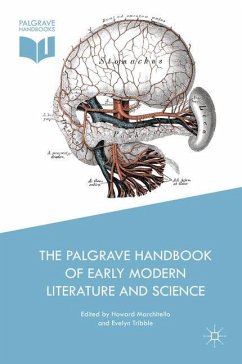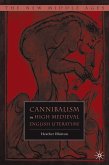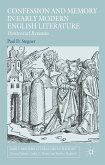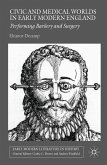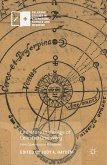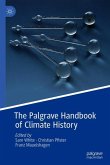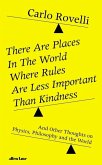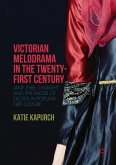This book is about the complex ways in which science and literature are mutually-informing and mutually-sustaining. It does not cast the literary and the scientific as distinct, but rather as productively in-distinct cultural practices: for the two dozen new essays collected here, the presiding concern is no longer to ask how literary writers react to scientific writers, but rather to study how literary and scientific practices are imbricated. These specially-commissioned essays from top scholars in the area range across vast territories and produce seemingly unlikely unions: between physics and rhetoric, math and Milton, Boyle and the Bible, plague and plays, among many others. In these essays so-called scientific writing turns out to traffic in metaphor, wit, imagination, and playfulness normally associated with literature provides material forms and rhetorical strategies for thinking physics, mathematics, archeology, and medicine.
"Advanced researchers and students of the early modern period will find in this volume a wealth of insights on the productive tensions between literary and scientific discourses. ... The volume offers a vital introduction to the most significant interventions into early modern literature and science, as well as important new trajectories forming in the wake of renewed conversations about the divisions within and across literature and science." (Jen Boyle, Isis, Vol. 110 (2), June, 2019)
"An ambitious and timely resource, The Palgrave Handbook of Early Modern Literature and Science is a wide-ranging, multivalent collection covering the intersections of literature and science. ... should be on the bookshelf of any scholar interested in the shared histories of literature and science. But what is most significant about the collection is not simply the arguments offered about authors and texts, but rather the performance of the collection itself ... ." (Katherine Walker, Journal of the Northern Renaissance, nothernrenaissance.org, August, 2017)
"An ambitious and timely resource, The Palgrave Handbook of Early Modern Literature and Science is a wide-ranging, multivalent collection covering the intersections of literature and science. ... should be on the bookshelf of any scholar interested in the shared histories of literature and science. But what is most significant about the collection is not simply the arguments offered about authors and texts, but rather the performance of the collection itself ... ." (Katherine Walker, Journal of the Northern Renaissance, nothernrenaissance.org, August, 2017)

